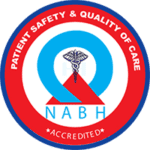Small Intestine Disease
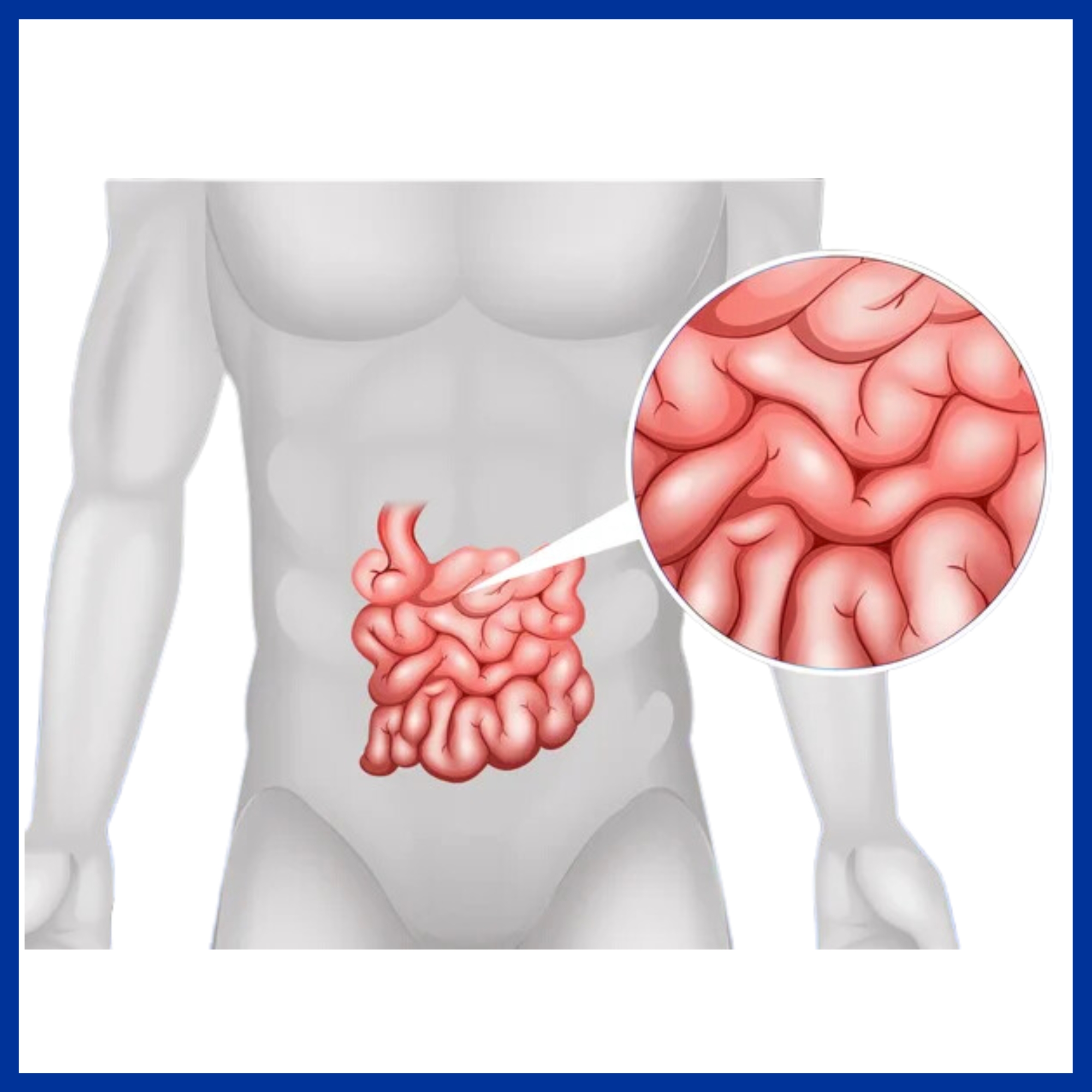
What is Small Intestine?
The small intestine or small bowel is the part of the gastrointestinal tract between the stomach and the large intestine, The small intestine has three distinct regions – the duodenum, jejunum, and ileum
The average length of the small intestine in an adult human male is 6.9 m (22 ft 8 in), and 7.1 m (23 ft 4 in) in an adult female. The small intestine is divided into three structural parts.
The duodenum is a short structure (about 20-25 cm long) continuous with the stomach and shaped like a “C”. It surrounds the head of the pancreas.
Common Diseases of Small Intestine are :
The jejunum is the midsection of the small intestine, connecting the duodenum to the ileum. It is about 2.5 m long, and contains the plicae circulares, and villi that increase its surface area. Products of digestion
(sugars, amino acids, and fatty acids) are absorbed into the bloodstream here. The suspensory muscle of duodenum marks the division between the duodenum and the jejunum.
The iluem The final section of the small intestine. It is about 3 m long, and contains villi similar to the jejunum. It absorbs mainly vitamin B12andbile acids, as well as any other remaining nutrients. The ileum joins to the cecum of the arge intestine at the ileocecal junction.
- Intestinal Obstruction
- Crohn’s Disease
- Intestine Perforation
- Intestinal Gangrene
- Meckel Diverticulum
- Intestinal Intussusception
- Cancer of Small Intestine
If you or someone you know is suffering from any of the above conditions, you can consult our team of the Best Gastroenterologists in India.
Intestinal Obstruction
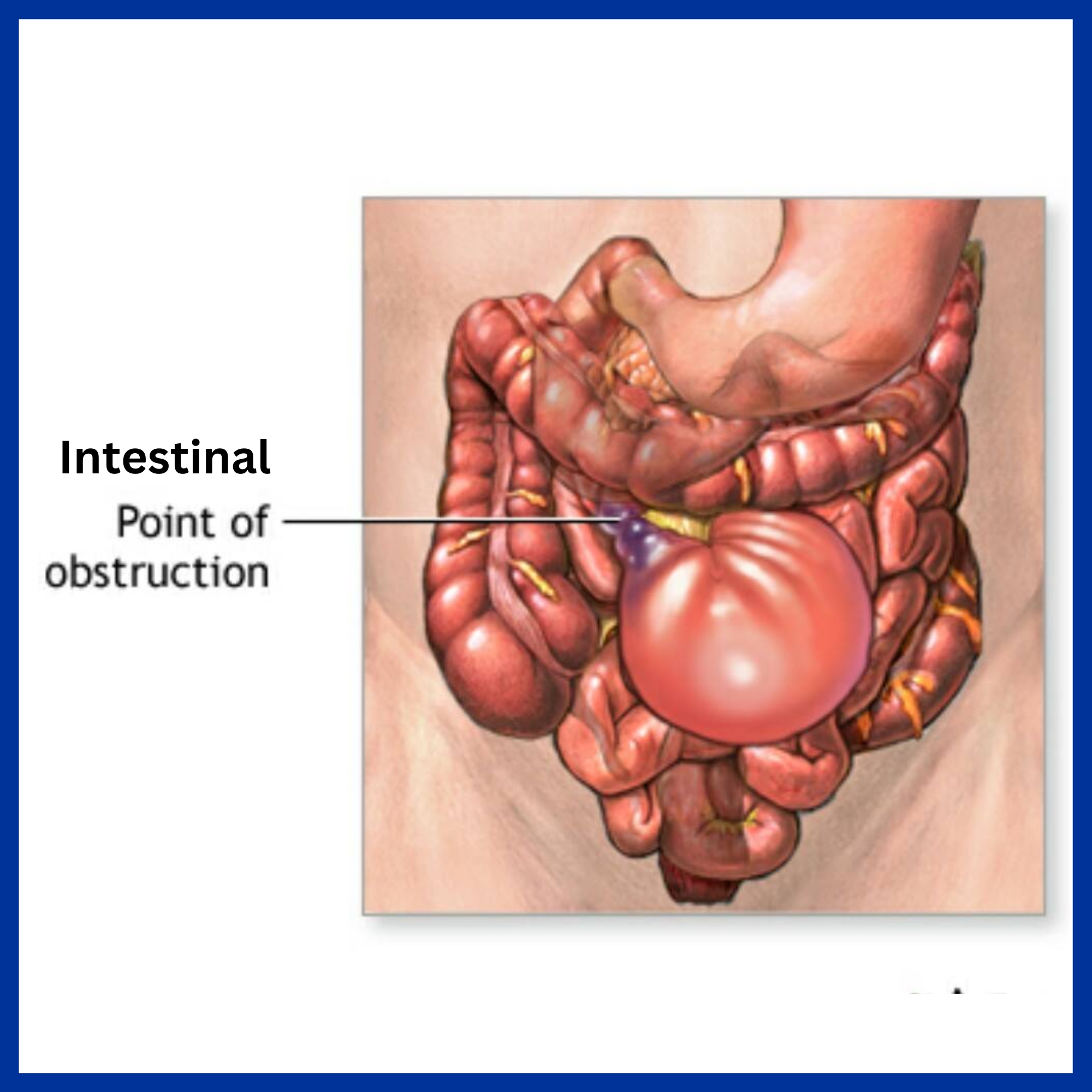
Introduction
Intestinal obstruction or bowel obstruction is a partial or complete blockage of the intestine or bowel that prevents intestinal content from passing through. The obstruction could be a mechanical or functional in nature. An untreated intestinal obstruction can be fatal.
Signs and symptoms of Intestinal Obstruction
Intestinal obstruction can cause wide spectrum of uncomfortable symptoms such as:
- Abdominal pain
- Severe bloating
- Severe abdominal cramps
- Abdominal swelling
- Loss of appetite
- Nausea
- Vomiting
- High fever
If you are suffering from the above-listed symptoms, don’t worry, you can consult our team of Best Gastroentrologist in Gujarat.
Causes
Intestinal obstruction can be caused by something blocking part of the intestine (mechanical) or malfunctioning of the intestine (functional). Sometime after surgery fibrous band of tissues are formed in the abdomen which causes adhesions and blocks the natural passage. Inflamed or infected pouches in the intestine known as diverticulitis, hernias and tumors can also cause blockage of intestinal passage.
Various causes of intestinal obstruction include:
- Adhesions: band of fibrous tissue in the abdominal cavity causes intestinal adhesions
- Colon cancer: Tumors in the intestine
- Volvulus: twisting of the small intestine
- Hernia: portions of intestine protrude into another part of the body
- Inflammatory disease like crohn’s disease: swelling and scar tissue causes a narrowing of the intestine
- Severe constipation leads to impacted bowel
- Paralytic ileus: intestine temporarily ceases contracting and moving its contents along
- Intusscuception: one section of intestine collapses into another
- Ingestion of foreign objects
- Strangulation: decreased blood flow to the intestines usually due to birth defect
- Stricture and inflammation causes narrowing of intestine
Risk Factors
- Abdominal or pelvic surgery
- Inflammatory disease like crohn’s disease
- Abdominal tumors
Complications
- Infection in the abdominal cavity known as peritonitis
- Intestinal obstruction can cut off blood supply to certain part of the intestine which causes the intestinal tissues to die this will result in perforation and can lead to infection
Diagnosis of intestinal obstruction in Ahmedabad
- Abdominal X-ray: In this procedure you have to swallow a contrast liquid and the x-ray technician visualizes the intestinal tract to look for obstruction.
- Abdominal CT scan: this test help determine if the obstruction is partial or complete and whether it is mechanical or functional obstruction.
- Physical examination: to look for swollen or tender abdomen or if there is a lump in abdomen associated with the signs and symptoms of intestinal obstruction. Typical abdominal sound of obstruction can be heard using stethoscope.
- Colonoscopy: if the obstruction is located in large intestine colonoscopy can be performed to inspect the large intestine.
Treatment of intestinal obstruction in Ahmedabad
Intestinal obstruction is a medical emergency and requires prompt medical treatment. Appropriate treatment depends on the type and location of obstruction however most intestinal obstructions require surgery.
Crohn’s Disease

Crohn’s Disease is a type of inflammatory bowel disease (IBD) that may affect any part of the gastrointestinal tract.
- Immunity factors
- Environmental factors – Stress, smoking, hormonal contraceptives.
- Genetics
- Micro-organisms
Signs and Symptoms of Crohn’s Disease
- Abdominal pain
- Diarrhoea – bloody or non bloody
- Bloating, flatulence
- Fever
- Cachexia
- Anaemia
- Fatigue
- Arthritis
- Erythema nodosum
- Pyoderma gangrenosum
- Arthritis
- Skin rashes
- Ankylosing Spondylosis
- Osteoporosis
- Clubbing
- CBC
- ESR
- CRP
- Ferritin
- Folates
- Vitamin B12
- ASCA
- ANCA
- Colonoscopy with biopsy
- Capsule Endoscopy
- Barium Follow Through
- Barium Enema
- Lifestyle modifications
- Maintain hydration.
- Avoid smoking.
- High fibre diet.
- Antibiotics
- Anti-inflammatory drugs
- Corticosteroids
- Iron supplements
- Surgery – if disease does not respond to drugs or in case of any complications
Complications
- Bowel Obstruction
- Fistulae
- Abscesses
- Small intestinal cancer
- Malnutrition
- Perforation
- Haemorrhage
Intestine Perforation
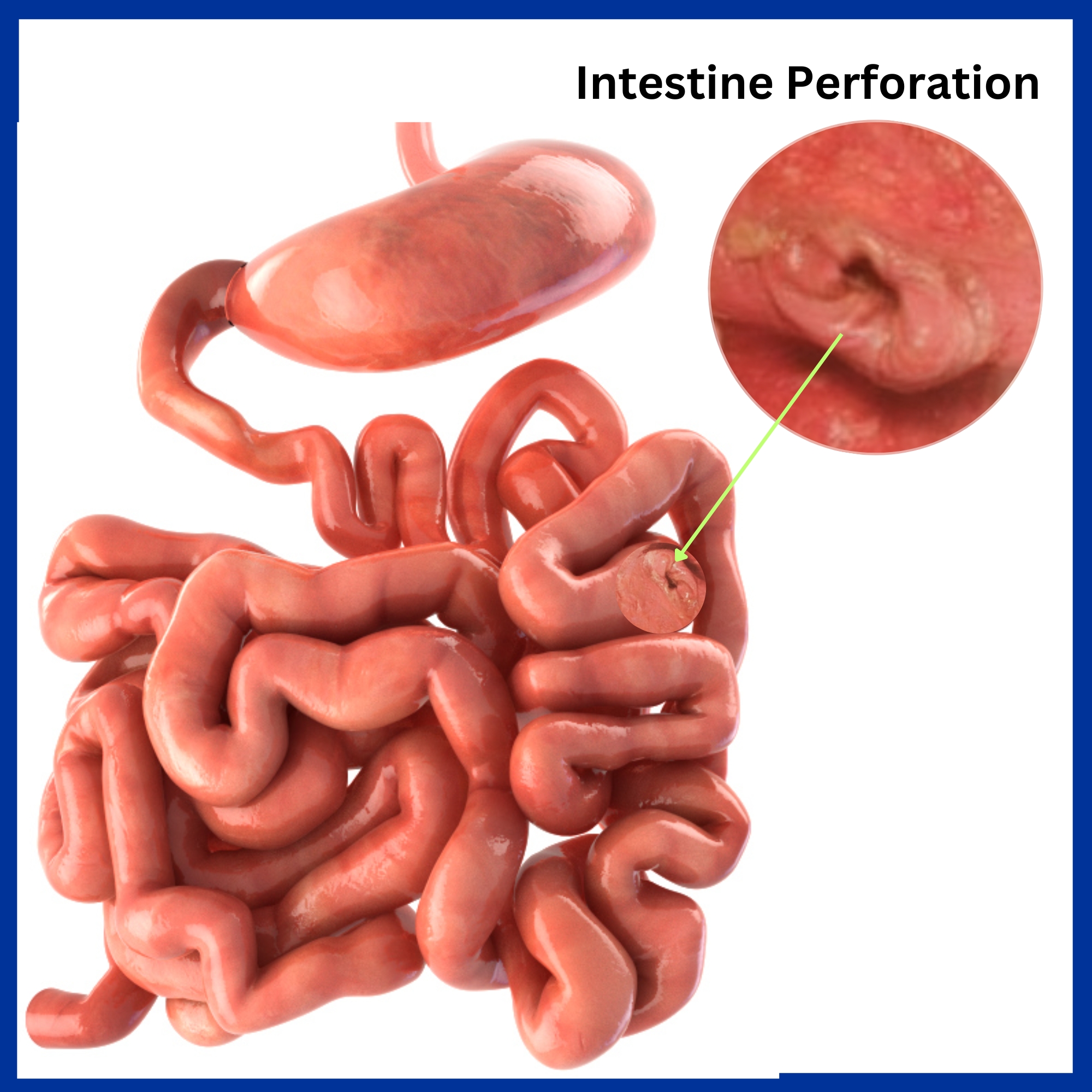
Intestine Perforation
It is a complication of underlying duodenal disease like Duodenal ulcer, Duodenal cancer or it may be due to complication of ERCP or UGI endoscopic procedures.
Causes of Intestine Perforation
- Blunt abdominal trauma.
- Penetrating injury to the lower chest or abdomen (e.g. stab injuries).
- Bacterial infections
- Ingestion of aspirin, non steroidal anti-inflammatory drugs (NSAIDs), and steroids.
- Inflammatory bowel disease (IBD).
- Predisposing conditions – Peptic ulcer disease, acute appendicitis, acute diverticulitis, and inflammed Meckel diverticulum.
- Endoscopy related bowel injuries- Endoscopic biliary stenting, Colonoscopy, ERCP.
- Laparoscopic intestinal injury.
- Bowel perforation by intra-abdominal malignancy, lymphoma, or metastatic renal carcinoma – Even benign tumours, such as desmoid tumours.
- Radiotherapy of cervical carcinoma and other intra-abdominal malignancies.
- Perforation secondary to intestinal ischemia (e.g. ischaemic colitis)
- Necrotizing vasculitis.
- Kidney transplantation
- Foreign bodies (e.g. toothpicks).
- Ingestion of caustic substances – Accidental or suicidal ingestion.
Signs and Symptoms of Intestine Perforation
- Abdominal pain- Sharp, severe, sudden in onset.
- Vomiting
- Hiccoughs
- Board-like rigidity of abdomen with tenderness
- Tachycardia
- Fever
- Absence of bowel sounds
Diagnosis of Intestine Perforation in Ahmedabad
- CBC
- LFT
- RFT
- Blood culture
- X Ray Abdomen Erect
- Chest PA
- USG Abdomen
- CT Scan
- Laparoscopy
Treatment of Intestine Perforation in Gujarat
- Intravenous access, and crystalloid therapy in patients with clinical signs of dehydration or septicaemia.
- Do not give anything by mouth.
- Intravenous administration of antibiotics.
- Surgery for duodenal perforation
Complications of Duodenal perforation.
- Localized abdominal abscess
- Wound infection
- Mechanical intestinal obstruction
- Postoperative delirium
- Multi organ failure
- Gastrointestinal mucosal hemorrhage
- Fluid and electrolyte imbalance
- Renal failure
- Septic shock
Intestinal Gangrene
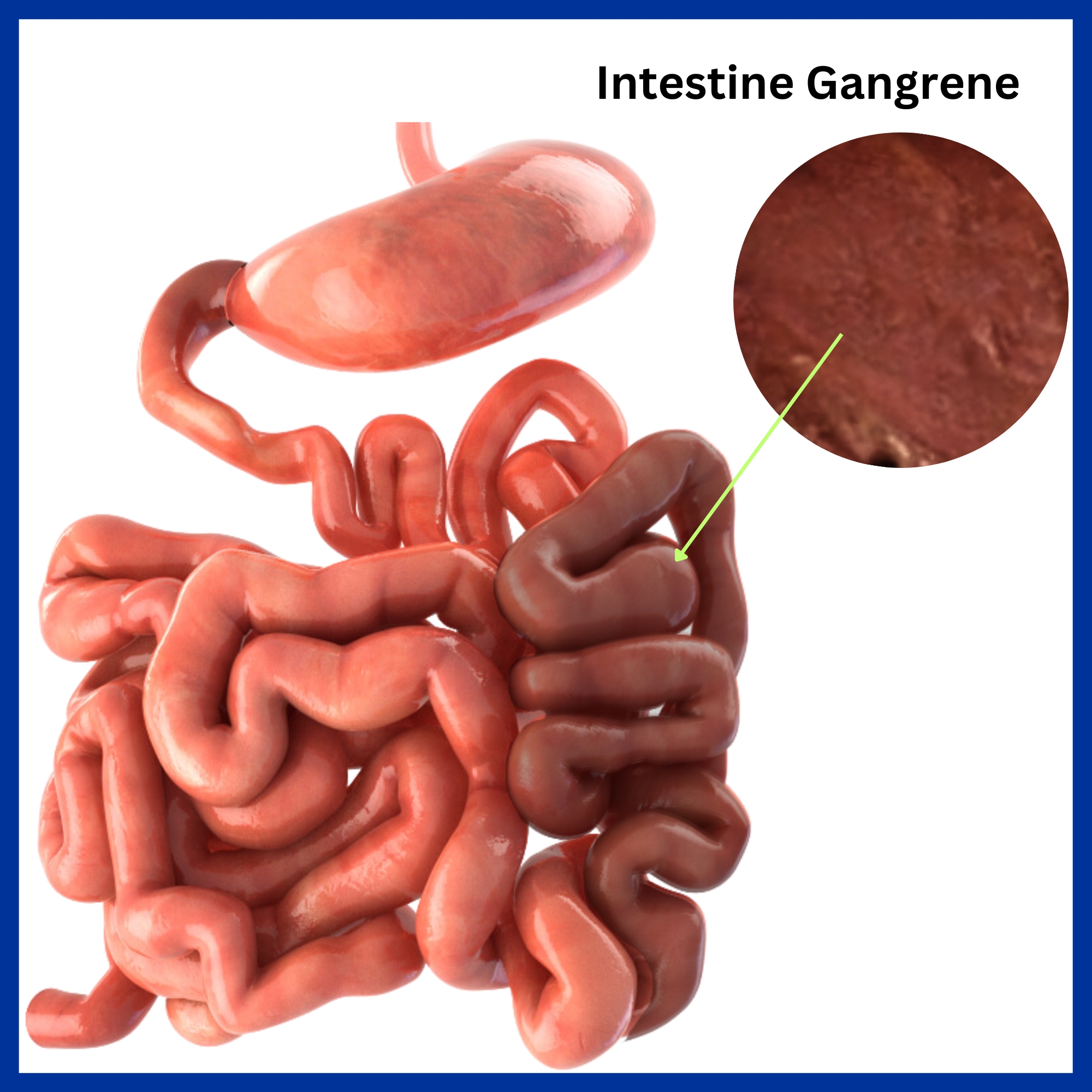
Intestinal Gangrene is caused by inadequate blood flow through the mesenteric vessels, resulting in ischaemia and eventual gangrene of the bowel wall.
- Acute mesenteric arterial thrombosis
- Acute mesenteric arterial embolism
- Non occlusive mesenteric ischemia
- Mesenteric venous thrombosis
Signs and Symptoms of Intestinal Gangrene
- Moderate to severe, diffuse, non localized, constant, and sometimes colicky abdominal pain.
Abdominal distention - Nausea, vomiting
- Anorexia
- Constipation
- Diarrhoea
- Tachycardia
- Tachypnoea
- Fever
- Hypotension
- Tender mass on palpation.
- Bowel sounds – hyperactive to absent.
- Voluntary and involuntary guarding appears.
If you or someone you know is suffering from any of the above condition, you can consult our team of Best Gastroentrologist in India. We at Kaizen Hospital provide Best Gastro Treatment in India.
Diagnosis of Intestinal Gangrene in Gujarat
- CBC
- PT, APTT
- X Ray Abdomen erect
- USG Abdomen
- CT Scan
- CT Angiography
- MRI
- MR Angiography
Treatment of Intestinal Gangrene in Ahmedabad
- Medicines
- Vasodilators
- Anticoagulants
- Thrombolytics
- Analgesics
- Antibiotics
- Surgery
Complications
- Sepsis and septic shock
- Bowel necrosis necessitating bowel resection
- Multiple organ dysfunction syndrome (MODS)
- Death
Meckel Diverticulum
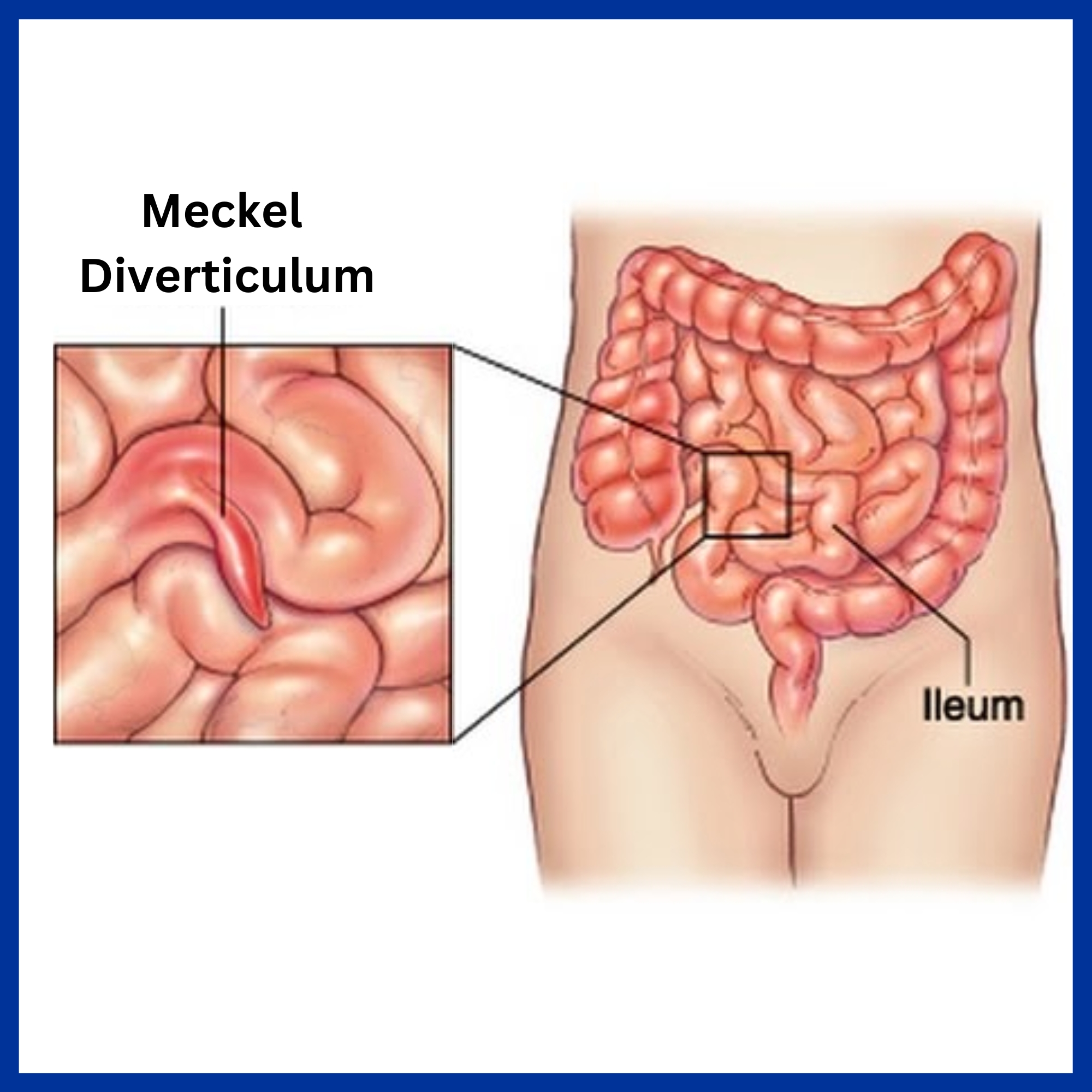
Diverticulum means an abnormal sac or pouch that develops at a weak point in the intestines. A Meckel diverticulum is a true congenital diverticulum present in intestine. It develops between the 5th and 7th weeks of fetal growth. Because the condition is present at birth, it is classified as a congenital health issue.
Symptoms of Meckel diverticulum
- Intestinal obstruction
- Bloody stool
- Abdominal pain
- Anaemia
Diagnosis of Meckel diverticulum
- Blood tests
- Stool smear
- USG Abdomen and Pelvis
- Technitium Scan
- UGI scopy
- Colonoscopy
- CT with Angiography
Treatment of Meckel diverticulum in india
- Surgery – Laparoscopic Small Bowel Resection
Complications
- Intestinal Obstruction
- Diverticulitis
- Haemorrhage
- Umbilical anomalies
- Neoplasm
Intestinal Intussusception
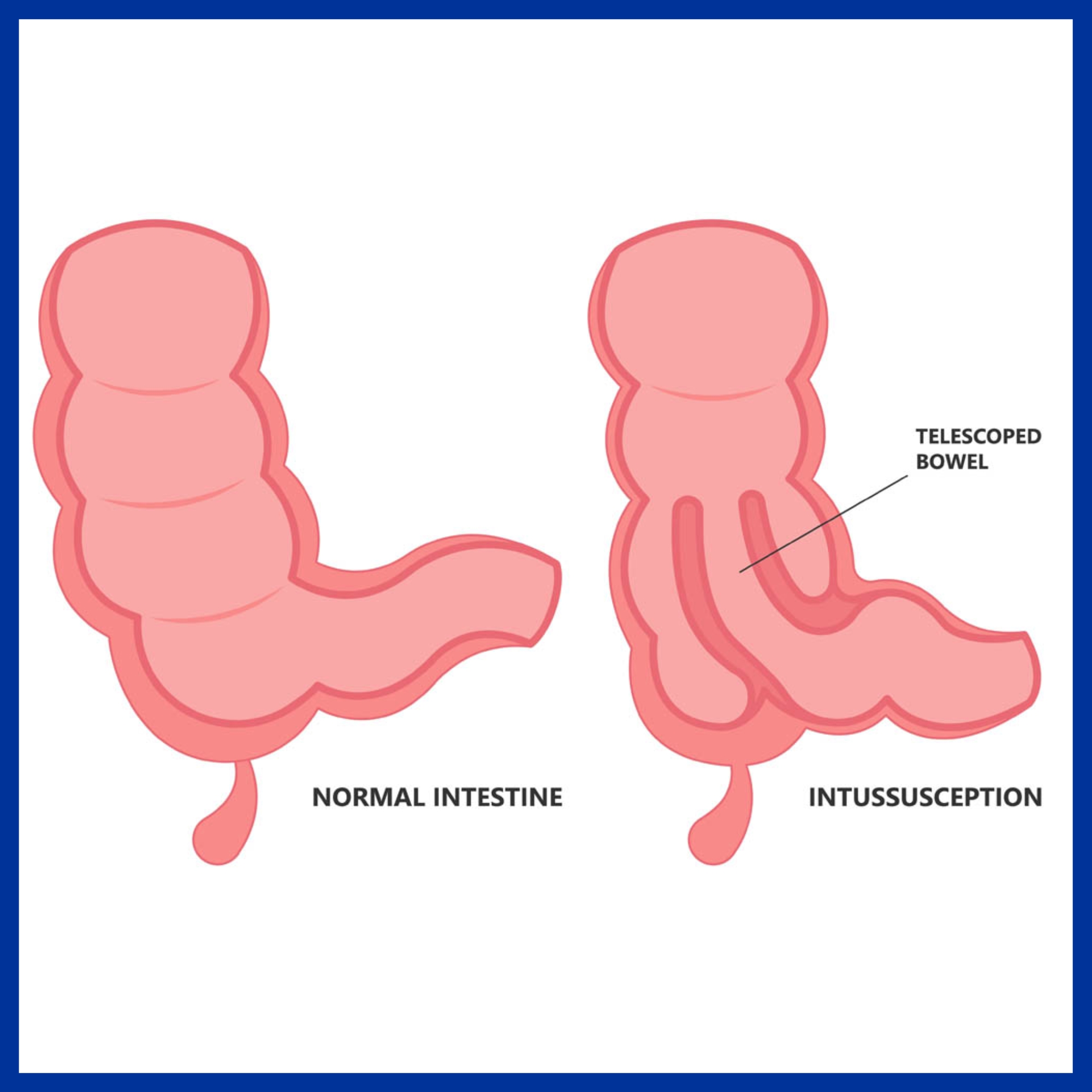
Intussusception is a disease in which part of the intestine enters into an adjacent part of the intestine. It can also lead to decreased blood supply to the intestine and even bowel perforation. It is more commonly seen in children than adults.
Cases
- Children – idiopathic
- Adults
- Inflammation e.g.Crohn Disease
Haematoma
- Surgical scars in small intestine and colon
Adhesions
- Tumour
Symptoms of Intestinal Intussusception
- Severe intermittent abdominal pain
- Diarrhoea mixed with blood and mucus
- Constipation
- Lumpish feeling in abdomen
- Vomiting
- Fever
- Lethargy
Diagnosis of Intestinal Intussusception in Ahmedabad
- X Ray Abdomen
- Ultrasound
- Barium Enema
- CT Scan
Treatment of Intestinal Intussusception in Ahmedabad
- Correct dehydration by IV fluids
- Nasogastric tube insertion
- Surgery
Complications
- Decreased blood supply to intestines – gangrene
- Bowel perforation
- Peritonitis
Cancer of Small Intestine

Risk Factors
- Age- More commonly seen in age groups above 60.
- Sex- More in males.
- Smoking
- Alcohol
- Celiac Disease
- Crohn’s Disease
- Exposure to radiation
- Cystic Fibrosis
- Koch’s
- Hamartoma
- Fistulous diseases
Symptoms of Cancer of Small Intestine
- Abdominal pain
- Anorexia
- Cachexia
- Anaemia
- Weakness and fatigue
- Nausea, vomiting
If you or someone you know is suffering from any of the above condition, you can consult our team of Best Gastroentrologist in India. We at Kaizen Hospital provide Best Gastro Treatment in India.
Diagnosis of Cancer of Small Intestine in Ahmedabad
- Medical history and physical exam
- CBC
- CT Scan
- Upper GI Endoscopy
- Colonoscopy
- Barium follow through
- Enteroclysis
- Barium enema
- Capsule endoscopy
- Double-balloon enteroscopy (endoscopy)
Treatment of small intestinal cancer in india
- Treatment depends on patient’s age, health status and cancer stage.
- Surgery
- Chemotherapy
- Radiotherapy
HOSPITAL ADDRESS
132ft. Ring Road, Helmet Circle, Memnagar, Ahmedabad – 380052. Gujarat, India.
EMERGENCY( 24X7 )
Mobile: +91 – 99047 44410
Help Line : +91 – 98244 40044
+91 – 79 – 2791 4444
E-MAIL ADDRESS
contact@kaizenhospital.com
WHY KAIZEN ?
With a vision to extend World Class healthcare solutions to the community through advances in medical technology, medical research and by adopting best man power management practices , Kaizen hospital was established in Ahmedabad in 2011.

